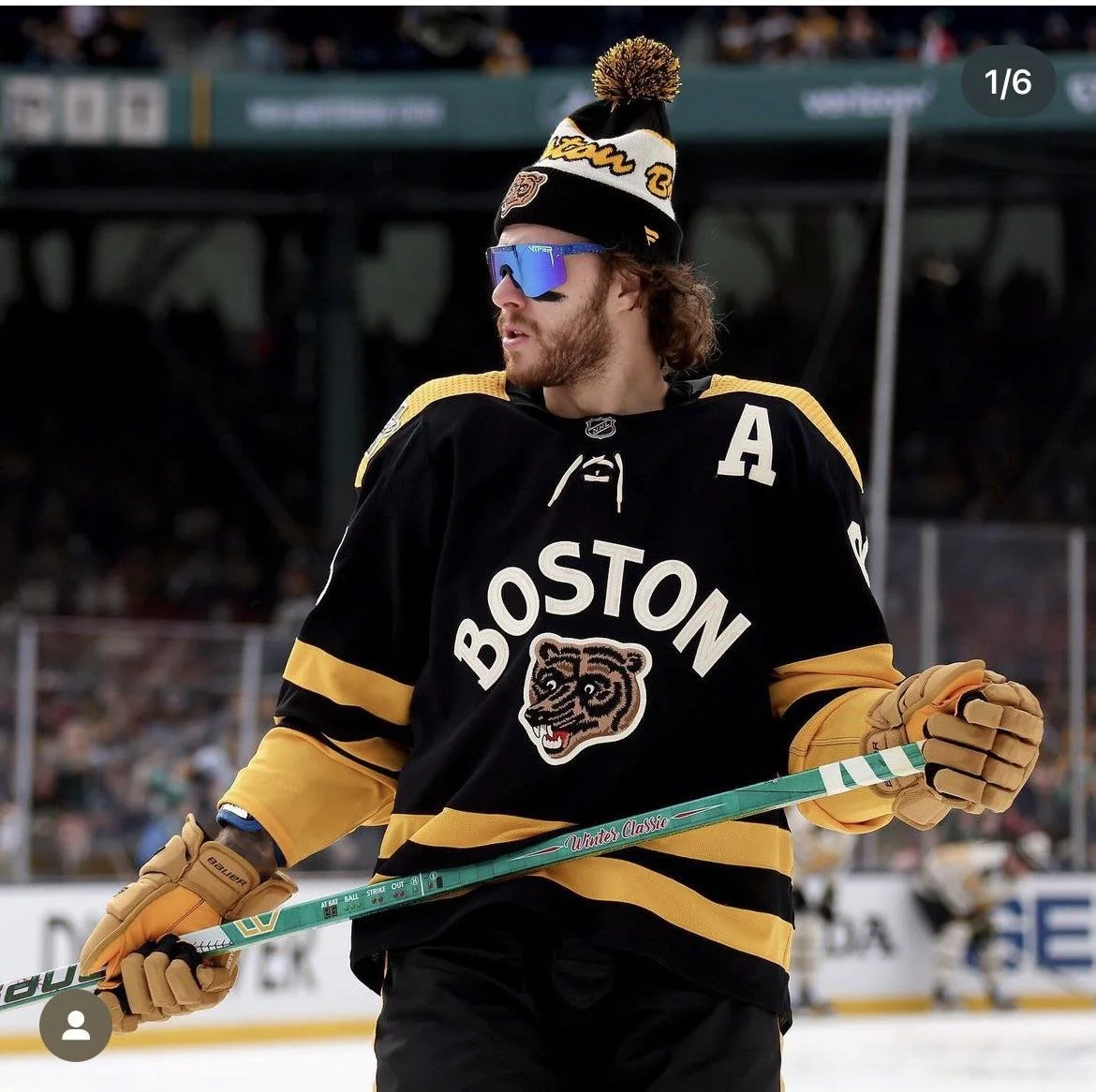The NHL all-star break dilemma
In February 2024, NHL Commissioner Gary Bettman announced that there would be no 2025 NHL All-Star Game; instead, the break will be filled with a new competition, titled the 4 Nations Face-Off. The Face-Off is a tournament where chosen players from the USA, Canada, Finland, and Sweden will represent their country’s team. Each team will play three games, with the same rules as regular NHL games, and the two top teams will go on to a championship game. Rumors circulating have said that the tournament winners will receive medals, and all players will be compensated. However this is without any confirmation, so fans are to believe that teams are just working towards the pride of their country. The full, 23 person, rosters for the 4 Nations Face-Off were released on December 4th, which sparked further controversy, and the tournament commences on February 12th.
After last year's All-Star Game, most NHL fans knew there needed to be a change in format. No one really cared about the weekend, players and fans alike. During the draft, team captains tried to stack their All-Star team with their regular season teammates, and the newly introduced celebrity captains seemed very out of place and provided little to the weekend. However, the draft felt very drawn out and unnecessary since only two teams played more than just one game. The skills competition felt rigged, as multiple events were based on Connor McDavid’s training regiment. Not only did it seem that McDavid, one of the best current NHL players, was guaranteed to win, the skills competition was generally considered to be not very entertaining. Certain players were not putting in effort, and the events went on for a longer amount of time than expected. Lastly, the game format felt rushed, since they were only 20 minutes, and didn’t show off the talent of the players, due to being played 3-on-3. Overall, the 2024 All-Star Weekend was subject to a lot of criticism.
Shortly after the All-Star weekend, it was announced that NHL players will be allowed to play in the 2026 Winter Olympics for the first time since 2014. In response to both the criticism of the All-Star weekend and the exciting Olympics news, the 4 Nations Face-Off was announced. Since this is a chance that not all players have had to represent their countries, some will be using the Face-Off as a try-out for their Olympic team. When it comes to slightly more serious stakes, such as representing one’s country, people worry if this tournament will be taken too seriously or lead to further injuries. Normally, the All-Star break is filled with one weekend of All-Star activities, and then the rest can be spent recovering from the first half of the season and preparing for the rest. Now, players will be playing 3 to 4 full games across 8 days. The 4 Nations Face-Off will take more effort and more time from the chosen country representatives than the usual All-Star weekend.
Further sparking questions are the four countries chosen to participate. Although the most represented countries in the NHL are Canada, the USA, and Sweden, Russia actually takes spot number four. Russia has been excluded from international hockey events since the start of the invasion of Ukraine. This has left a noticeable gap in the quality of play in International Ice Hockey Federation (IIHF) tournaments, World Juniors and the World Championships, due to the strength of Russian players. Russia was replaced with Finland for the Face-Off, despite the difference in numbers. For reference, there are approximately 291 Canadian players in the NHL, 204 Americans, 66 Swedish, 46 Russian, and 37 Finnish. After that comes 15 countries with less than 25 players represented in the NHL. The exclusion of 16 countries with a presence in the NHL means that the 4 Nations Face-Off is missing some players that would normally be found in the All-Star game. Some recognizable names who cannot participate are Nikita Kucherov of the Tampa Bay Lightning (Russia), Alexander Ovechkin of the Washington Capitals (Russia), Leon Draisaitl of the Edmonton Oilers (Germany), and David Pastrnak of the Boston Bruins (Czechia). Pastrnak made it very clear that he is unhappy with the NHL’s choice of representing only these four countries. After the tournament was announced, Pastrnak told the media that he wouldn’t be watching. When Pastrnak won the IIHF World Championship for Czechia, he captioned his post with the trophy, “Maybe Four Nation invite now?”
Fans are convinced that there should have been a fifth team included to make sure less players were left behind, or that a country-based tournament should not be led by the NHL at all. The sheer differences in numbers across these teams make it so that Canada and the USA had to leave out many star players, while Sweden and Finland had to include some questionable picks. If Commissioner Bettman wanted to host a tournament of this sort, it would have made more sense to do one using the NHL's four divisions. It’s unlikely that a 4 Nations Face-Off will be a frequent occurrence given the aforementioned information. It’s already been confirmed that in 2026, there will be an All-Star Game held in which all the NHL players participating in the Olympics will play, then travel to Milan together. The 4 Nations Face-Off is guaranteed to be entertaining, as it is some of the best NHL players competing against each other. However, the success and backlash will only be truly seen come February.

